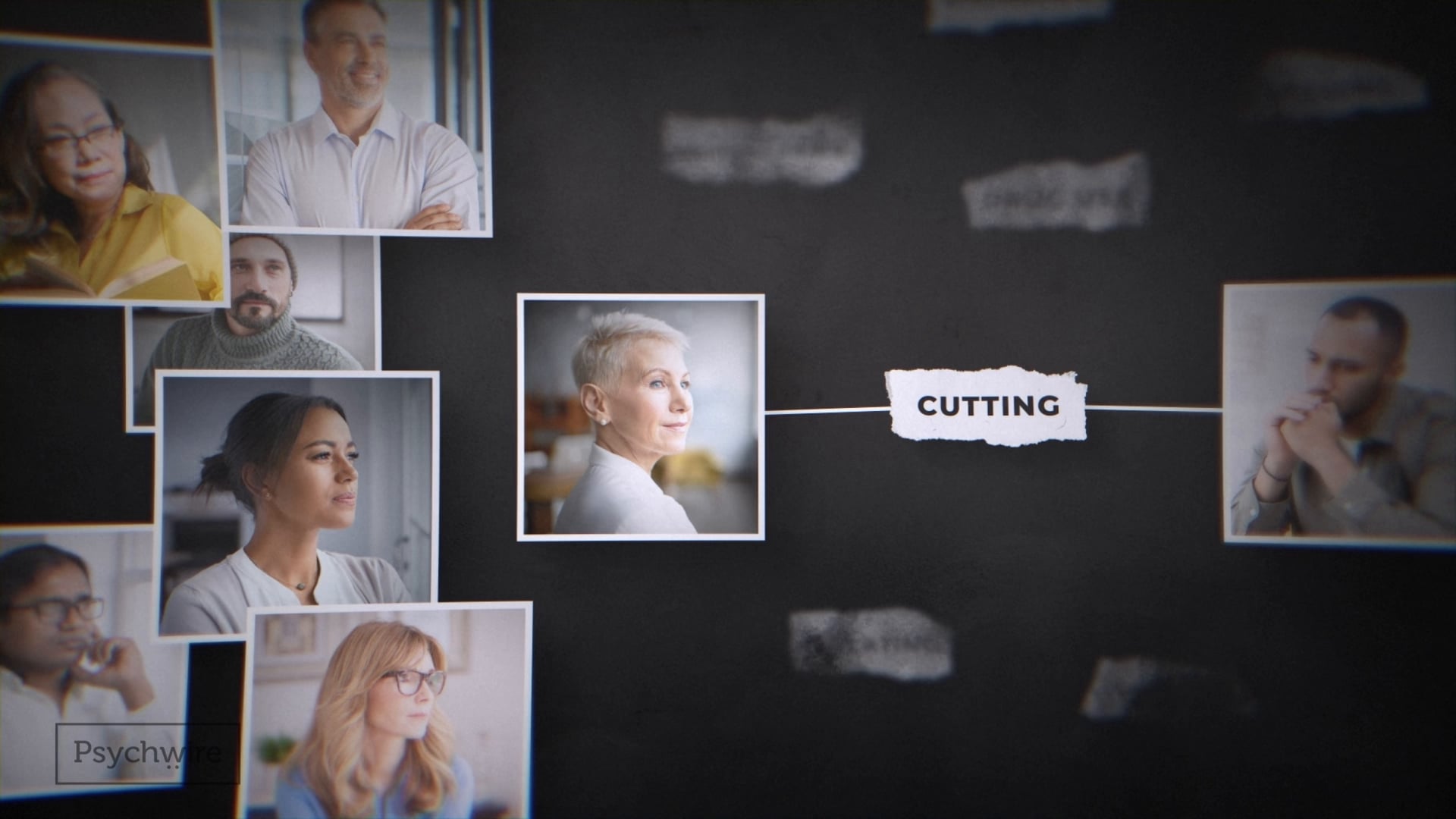
Important Functions of a DBT Team
 DBT Foundational
DBT FoundationalSo the consultation team serves two primary functions. The first function of the DBT team is to actually increase therapist capabilities. We need our team to shape our behavior, to help us problem-solve, to come up with new strategies, to help think through a contingency plan with our client. Another way that a DBT team can help to increase capabilities of the therapist is simply by coming in and proposing a problem the therapist is having. And then you have all the brains of the DBT therapists on the team to help you work out potential solutions.
What can happen as a DBT therapist is you get so engaged and involved with your client and focused on a particular target that you're working on that it can be easy to lose sight of other factors that may be involved in the process. And so the DBT team is there to kind of remind you about things that you might not immediately see yourself, and they can highlight those and give you that broader perspective on your client's behavior. The second function is about increasing motivation. It can be really challenging to work with this client population. And so a lot of times, we need our team to help cheerlead us, to help us stay focused on what's most important, to just validate when we're having a really hard time and we're feeling frustrated. Perhaps we stretched our limits too far.
Perhaps we're starting to have a judgmental perspective on our clients, and we need our DBT team to identify those and help us come back to the model. So the DBT team can be an incredibly valuable source, especially for new therapists, because on the team, there's usually an array of different experience and different perspectives. So when you're new, and you come to team, you have all these more senior therapists on the team to help you problem-solve, to validate what's difficult about what you're doing, to come up with hypotheses and different solutions that maybe you wouldn't have thought of as a new therapist.